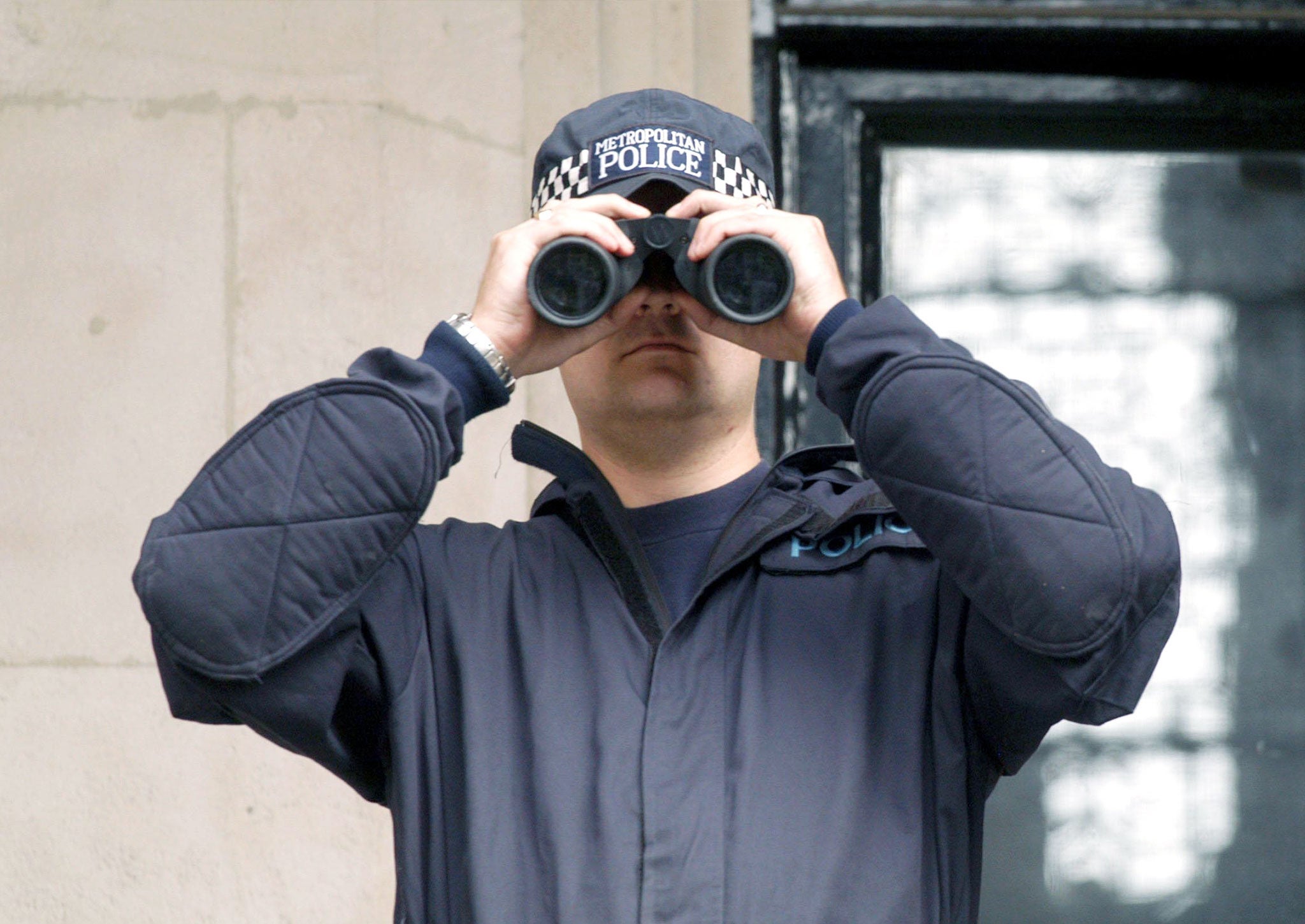The Independent's journalism is supported by our readers. When you purchase through links on our site, we may earn commission.
What is the Snoopers' Charter? And 7 reasons why it would be an absolute travesty
These are worrying times, but we mustn't give in to panic

In the aftermath of the events in Paris last week, a number of former intelligence personnel and political figures have taken to the airwaves and the newspapers call for a return of the Communications Data Bill, nicknamed the Snoopers' Charter by its opponents.
However, commentators have pointed out that it was not the lack of powers that allowed these attacks to occur, but that a lack of resources forced intelligence agents to stop watching the suspected terrorists.
And they're completely right — although this is just one of the reasons why we still don't need The Snoopers' Charter, no matter what the Government says. Here are the top seven:
1. It’s overly intrusive
The Snoopers' Charter would require details of our every email, website visit and social media log to be recorded. Those in favour of the legislation have argued that it isn’t intrusive as the content of messages won’t be looked at, just the communications data (sometimes referred to as metadata).
However, academic opinion suggests that communications data has become just as intrusive as being able to read the content of peoples’ messages. For example, from communications data it is possible to deduce a significant degree of someone’s personality, habits and condition - whether that be visiting a place of worship (location data every Sunday at 10am, for example) or accessing legal advice (divorce law firm) or support (Samaritans via e-mail, or and Alcoholics Anonymous website).
2. It fails to address the real capability gap
One of the arguments made for the Snoopers' Charter is that there is currently a capability gap; the erosion of the ability of public authorities to access communications data (the who, what, where of a message but not the content).
However, the transparency reports of communications service providers highlights that Britain already receives a great deal of communications data directly from those companies.
The major issue that the intelligence services are facing at present is not that they can’t access data, but that they can’t properly utilise it, because of manpower shortages and a lack of skills.
3. It ignores the lack of resources available
The Intelligence and Security Committee’s report into the murder of Fusilier Lee Rigby, found that his killers were very much known to the security services. However, due to the offenders having been classed as a low risk, and a lack of resources to continue monitoring suspects at that level, the monitoring of their movements and communications was stopped.
This is despite all of the suspected terrorists operating and being vocal in public, making them an open and viable target for continued surveillance.
The introduction of the Snoopers' Charter would fail to address this issue and would divert financial resources away from the recruitment of intelligence analysts.
4. It doesn’t represent value for money
It was estimated that the Draft Communications Data Bill would have cost around £1.8bn. Polling showed that over 50 per cent of people felt that this wouldn’t have been money well-spent. In fact it was seen as good value by only 12 per cent of respondents.
5. It could pose a security risk, and benefit cyber-criminals
In 2012 Jimmy Wales, founder of Wikipedia, argued that forcing small companies to retain information they wouldn’t ordinarily keep “puts the data at risk”.
This view was echoed by the Joint Committee tasked with scrutinising the legislation. Liberal Democrat peer Lord Strasburger commented that the proposals represented a “honeypot for casual hackers, blackmailers, criminals large and small from around the world, and foreign states”.
6. The oversight of current surveillance powers needs to be reformed before any new powers are introduced
There are currently three enquiries (the Intelligence and Security Committee, RUSI and the Independent Reviewer of Terrorism Legislation) into the effectiveness of current surveillance powers, as well as the oversight and authorisation processes.
The Government’s transparency around the acquisition of communications data has recently been criticised by the Interception of Communications Commissioner, Sir Anthony May.
In his 2013 Annual Review he argued that “the unreliability and inadequacy of the statistical requirements is a significant problem which requires attention.”
This followed the Home Affairs Select Committee’s inquiry into Counter-Terrorism measures, which found that there was a need for greater transparency around the use of surveillance legislation.
7. The Snoopers' Charter is unpopular with the public
In 2012, a YouGov poll showed that only 6 per cent of the public thought that the Government had made a clear and compelling argument for the Bill. Seventy-one per cent also said they didn't trust that the data collected would be kept secure.
Join our commenting forum
Join thought-provoking conversations, follow other Independent readers and see their replies
Comments
Bookmark popover
Removed from bookmarks